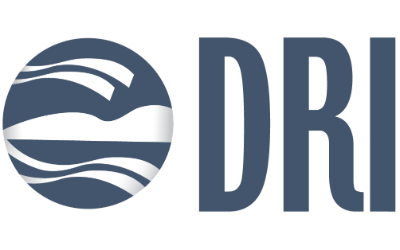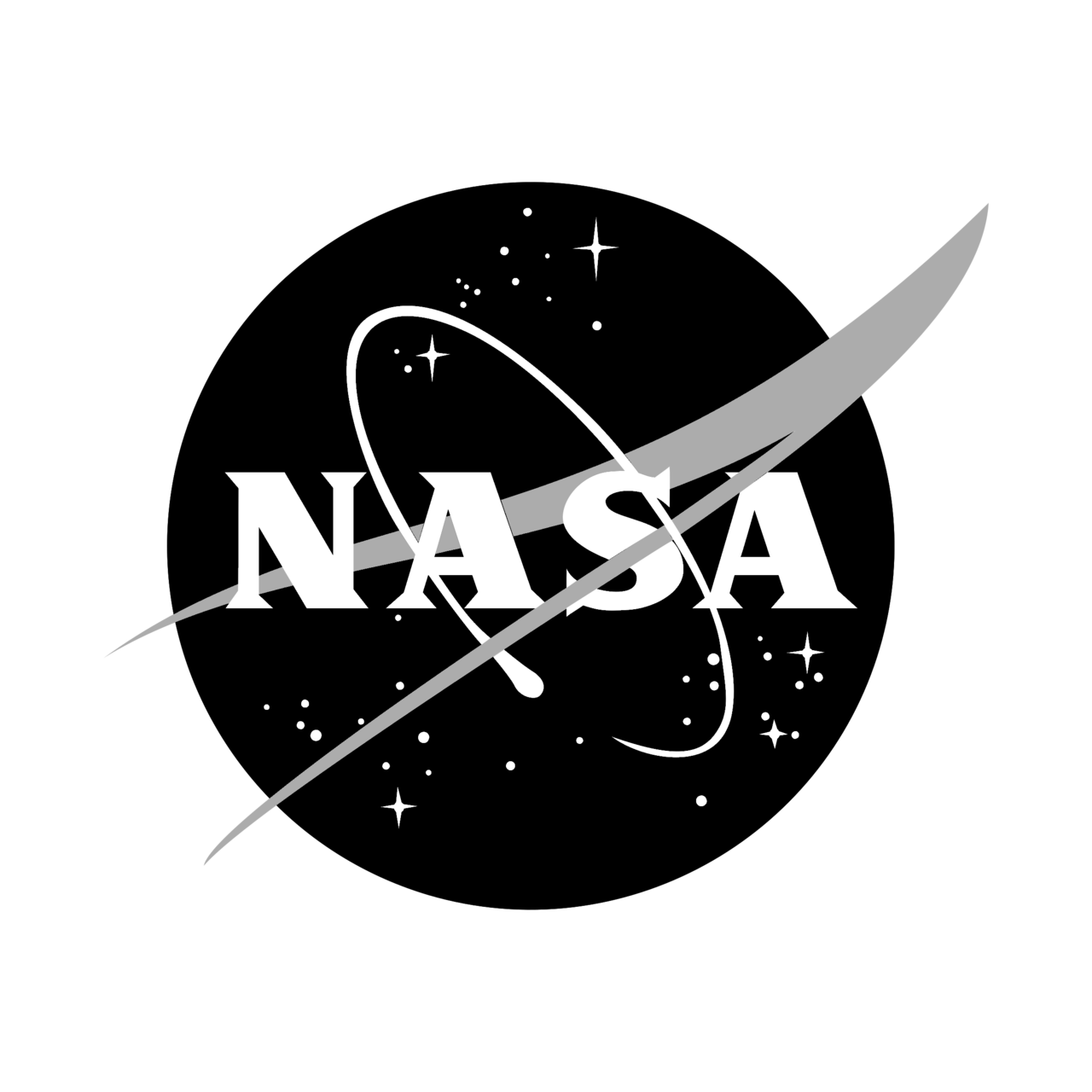Will Carrara
ABOUT
As a NASA software engineer, Will is a core backend developer for the OpenET project and is jointly responsible for the advancement and maintenance of the OpenET Raster API. In his current role, Will serves as the primary systems admin responsible for configuring and sustaining the project’s cloud infrastructure, working in coordination with project scientists to monitor and maintain proper implementation of the SIMS model.
As an independent contractor within NASA, Will serves as a liaison between the OpenET project team and his clientele, working with clients to produce individualized scripts based on intended usage and research parameters, as well as offering personalized instruction in how to operate and optimize use of OpenET data.
Apart from his work with OpenET, Will can be contracted out for other software engineering services. Although he specializes in remote sensing applications, Will offers a versatile skill set within software development to meet diverse client needs.
WORK EXPERIENCE
2020 - Present
NASA
Using machine learning and statistical modeling techniques to develop and evaluate algorithms to improve performance, quality, data management and accuracy of satellite data. Deep learning methods employed to capture nonlinear patterns in both temporal, sequential, and spatial data to deepen relationships between environmental influences and crop canopy conditions in the Western US.
CO-AUTHORED PUBLICATIONS
11-02-2021
OpenET: Filling a Critical Data Gap in Water Management for the Western United States
Journal of the American Water Resources Association (JAWR)
The lack of consistent, accurate information on evapotranspiration (ET) and consumptive use of water by irrigated agriculture is one of the most important data gaps for water managers in the western United States (U.S.) and other arid agricultural regions globally. The ability to easily access information on ET is central to improving water budgets across the West, advancing the use of data-driven irrigation management strategies, and expanding incentive-driven conservation programs. Recent advances in remote sensing of ET have led to the development of multiple approaches for field-scale ET mapping that have been used for local and regional water resource management applications by U.S. state and federal agencies. The OpenET project is a community-driven effort that is building upon these advances to develop an operational system for generating and distributing ET data at a field scale using an ensemble of six well-established satellite-based approaches for mapping ET. Key objectives of OpenET include: Increasing access to remotely sensed ET data through a web-based data explorer and data services; supporting the use of ET data for a range of water resource management applications; and development of use cases and training resources for agricultural producers and water resource managers.
Clients



